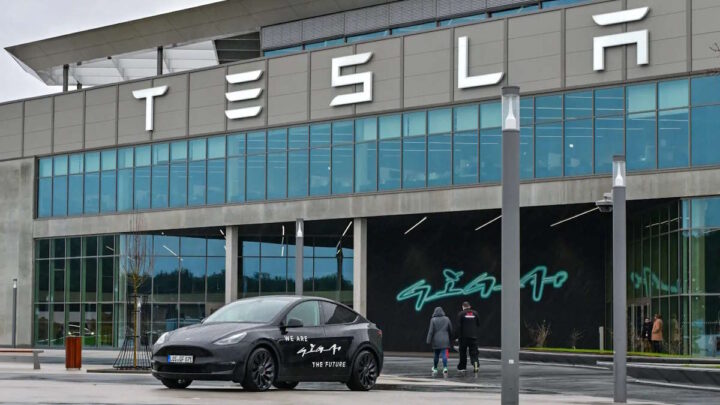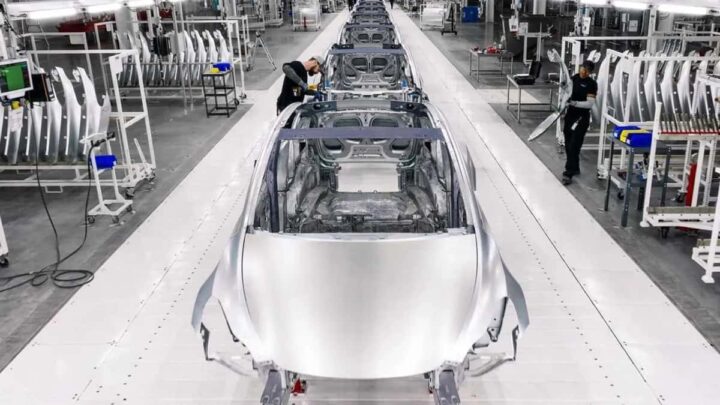Controversy is brewing. The production manager at Tesla's factory in Germany made the decision to send managers to the homes of workers who are on long-term sick leave. Unions criticize the measure and do not spare the unit's working conditions.

Chasing fraudulent write-offs at Tesla
In recent weeks, a manager at Tesla's electric car factory in Germany sent managers to check on about two dozen employees who continued to be paid while on sick leave for more than nine months.
Andre Tereg, the plant's production manager, said home visits were a common practice in the industry and that the company simply wanted to "appeal to the work ethic of employees."
The action by the US-based carmaker, led by Elon Musk, sparked anger from the IG Metall union, which represents part of 12,000 workers at the Gigafactory in Berlin-Brandenburg.
The union campaigned against what it claimed were harsh working conditions, with “inhumane” long working hours and an inadequate health and safety record.
Employees in almost all areas of the plant reported a very high workload. When there is a staffing shortage, sick workers are stressed and those who remain well bear the extra workload.
If factory supervisors really want to reduce sick leave, they must break this vicious cycle.
said Dirk Schulz, the federation's regional director.

Accusations of a culture of fear
Sick leave rates at the factory outside Berlin, which the union says operates under a "culture of fear," often exceed 15% or more.
The union said there was a “culture of fear” that had caused stress and sick leave among workers. However, Terrig claimed that some workers were taking advantage of Germany's labor protection laws, saying that of the factory's 1,500 temporary workers, who work under similar conditions to full-time workers, the average sickness absence rate is just 2%.
In our analyzes of work attendance, some phenomena became apparent: on Fridays and night shifts, about 5% more employees take sick leave than on other days of the week. This is not an indication of poor working conditions, because working conditions are the same on all days and shifts. This indicates that the German social system is being exploited to some extent.
Terrig stated.
The company has identified about 200 team members who are still being paid but have not shown up for work at all this year. “They submit a new medical certificate from their doctor at least every six weeks,” he said.
Tesla rejected IG Metall's claims that health and safety conditions at the factory were inadequate. The factory, located in Gruenheide, southeast of Berlin, will open in 2022 and is the electric car maker's first in Europe.
At the time, Tesla CEO Elon Musk cited the uncertainty surrounding Brexit as one of the factors that contributed to the decision not to build the factory in the UK and opt for Germany.

